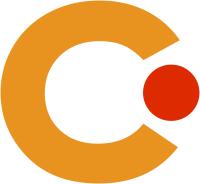Abstract
Imaginary self-encounters are a common approach in psychotherapy. Recent virtual reality advancements enable innovative approaches to enhanced self-encounters using photorealistic personalized Doppelgangers (DG). Yet, next to appearance, similarity in body language could be a great driver of self-identification with a DG or a generic agent. One cost-efficient and time-saving approach could be personality-enhanced animations.
We present a pilot study evaluating the effects of personality-enhanced body language in DGs and generic agents.
Eleven participants evaluated a Photorealistic DG and a Generic Agent, animated in a seated position to simulate four personality types: Low and High Extraversion and Low and High Emotional Stability.
Participants rated the agents' personalities and their self-identification with them.
We found an overall positive relationship between a calculated personality similarity score, self-attribution, and perceived behavior-similarity. Perceived appearance-similarity was affected by personality similarity only in generic agents, indicating the potential of body language to provoke a feeling of similarity even in dissimilar-appearing agents.
